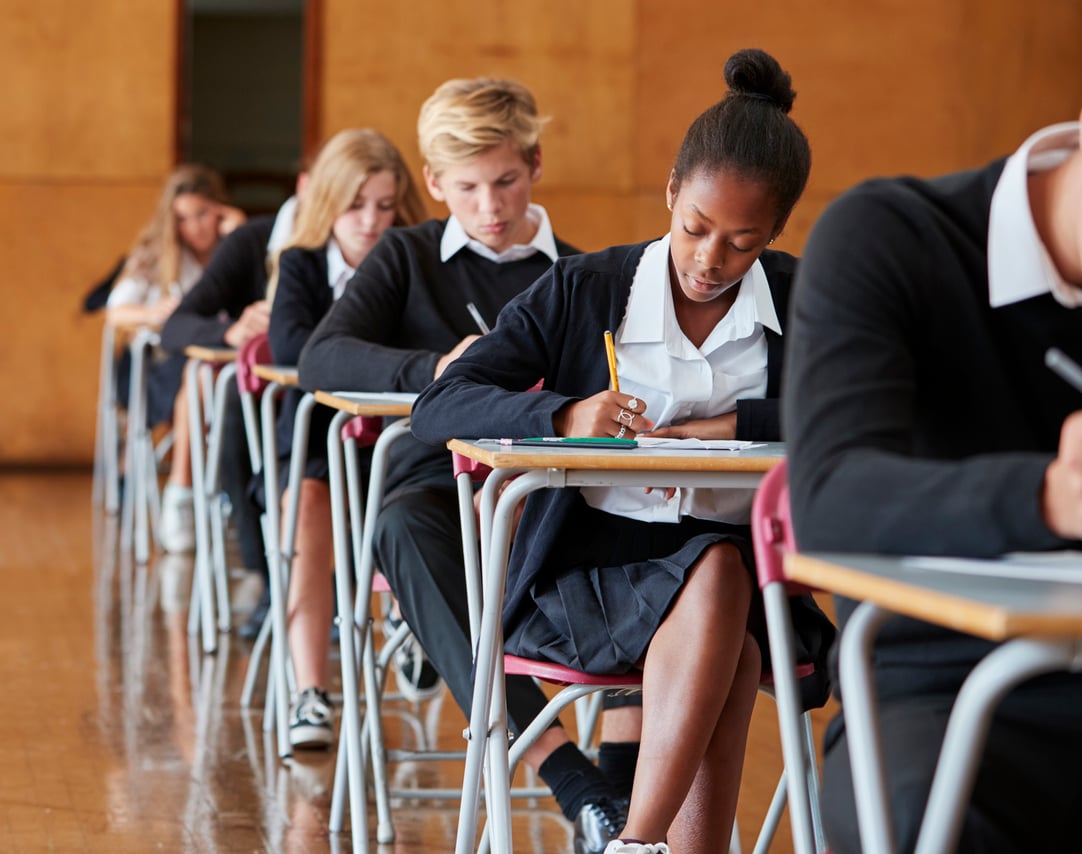Discover the Perks of Campaigning For: Save Temecula Schools
Discover the Perks of Campaigning For: Save Temecula Schools
Blog Article
Understanding the Significance of Institutions in Youngster Advancement and Area Growth
Schools' involvement with neighborhood communities through service-learning efforts reinforces the bond in between households and educational establishments. This cooperative relationship emphasizes the significance of schools in supporting active citizenship and long-lasting understanding practices.
Academic Success
Academic accomplishment works as a keystone of kid development, giving the structure upon which future understanding and success are constructed. Institutions play a pivotal function in cultivating this scholastic development, offering structured atmospheres where youngsters can obtain vital understanding and cognitive skills. Standardized curricula guarantee that students gain effectiveness in core topics such as mathematics, science, and language arts, which are critical for both college and specialist chances.
Along with presenting basic scholastic skills, colleges also cultivate critical reasoning, analytical capacities, and intellectual curiosity. These cognitive competencies are vital for navigating complex real-world scenarios and adjusting to the ever-evolving demands of the modern work environment. Teachers, as facilitators of knowing, utilize varied instructional methods to satisfy diverse discovering styles, consequently maximizing individual pupil capacity.
In addition, scholastic success is carefully linked to self-esteem and inspiration. Kids that experience scholastic success are more probable to develop a positive self-concept and a lifelong interest for learning. Schools likewise offer various resources, such as collections and technology, which even more boost the academic experience and prepare students for a highly advanced culture.
Social Skill Development
Beyond scholastic success, the role of schools in social skill growth is vital. Schools function as a main place for youngsters to discover and exercise important social skills such as dispute, communication, and cooperation resolution. In the structured environment of a classroom, trainees interact with peers, teachers, and other institution personnel, offering countless chances to create these crucial capabilities.
Efficient social skill growth in institutions is helped with with team activities, joint tasks, and extracurricular programs. These communications help students comprehend social norms, construct compassion, and cultivate a feeling of community. Team jobs instruct trainees exactly how to work with each other towards an usual goal, listen to different viewpoints, and browse arguments constructively.

The cultivation of social abilities throughout academic year lays a structure for future personal and professional partnerships. Save Temecula Schools. As students develop, the capacity to properly collaborate and connect comes to be significantly crucial, underscoring the school's critical function in alternative kid advancement
Exposure to Diversity
Exposure to variety in institutions is fundamental to promoting an inclusive frame of mind and expanding students' perspectives. Schools function as a microcosm of the broader culture, and coming across diverse societies, languages, and socioeconomic histories within this atmosphere outfits students with important skills for browsing a progressively globalized world. This exposure urges empathy, lowers prejudices, and promotes shared respect among peers.
Diverse class also boost cognitive and social advancement. Study shows that pupils that connect with peers from different backgrounds display far better analytic skills and creative thinking. They find out to value different perspectives, which enhances class conversations and cultivates an extra vibrant understanding experience. This understanding of variety prepares pupils for future work environments that worth modern capability.

Neighborhood Involvement
The benefits of varied classrooms extend past the school wall surfaces, promoting a strong sense of community engagement among trainees. By engaging with peers from various social, socioeconomic, and ethnic histories, trainees get a broader viewpoint and an admiration for variety. This exposure encourages them to become active residents that are ready to add positively to their areas.
Schools that highlight area involvement typically incorporate service-learning jobs, which enable pupils to resolve real-world problems while using academic skills. These jobs not only enhance pupils' understanding of their coursework but also infuse a sense of obligation and empathy. Partnerships in between colleges and regional companies provide students with chances to take part in area events, further solidifying their duty as positive community participants - Save Temecula Schools.
In addition, parental and area participation in institutions enhances the bond between educational establishments and the communities they offer. With these initiatives, colleges play a pivotal function in nurturing neighborhood involvement and cultivating societal development.
Lifelong Knowing Routines
Establishing long-lasting discovering habits is important for a youngster's constant development and versatility in an ever-changing globe. Schools play a critical duty in instilling these habits by developing an atmosphere that cultivates inquisitiveness, important thinking, and a love for expertise. With diverse curricula and after-school activities, instructors urge trainees to discover various topics, evaluate details seriously, and use their learning to real-world situations.

In addition, institutions give a structured setting where kids can establish self-discipline and time management skills, both of which are important for continuous discovering. By stressing the relevance of establishing goals, reviewing progress, and adjusting techniques, universities prepare trainees to navigate the complexities of grown-up life, guaranteeing they continue to be long-lasting students and factors to culture.
Final Thought
In conclusion, institutions are important in cultivating child advancement and area growth by giving atmospheres helpful to scholastic achievement, social skill growth, and exposure to diversity. Eventually, colleges grow long-lasting knowing practices, outfitting people with the essential understanding and skills to add positively to society.
In the structured environment of a class, pupils connect with peers, teachers, and various other school team, using countless possibilities to establish these critical capabilities.
In significance, direct exposure to diversity within institutions not just enhances specific trainees yet additionally enhances the social textile of the neighborhood as a whole.
The advantages of varied class extend beyond the college walls, fostering a strong sense of neighborhood involvement among pupils.Schools that emphasize neighborhood involvement often incorporate service-learning tasks, which allow pupils to resolve real-world issues while using scholastic skills. Collaborations in between schools and regional organizations give trainees with opportunities to get involved in neighborhood events, even more strengthening their role as aggressive community participants.
Report this page